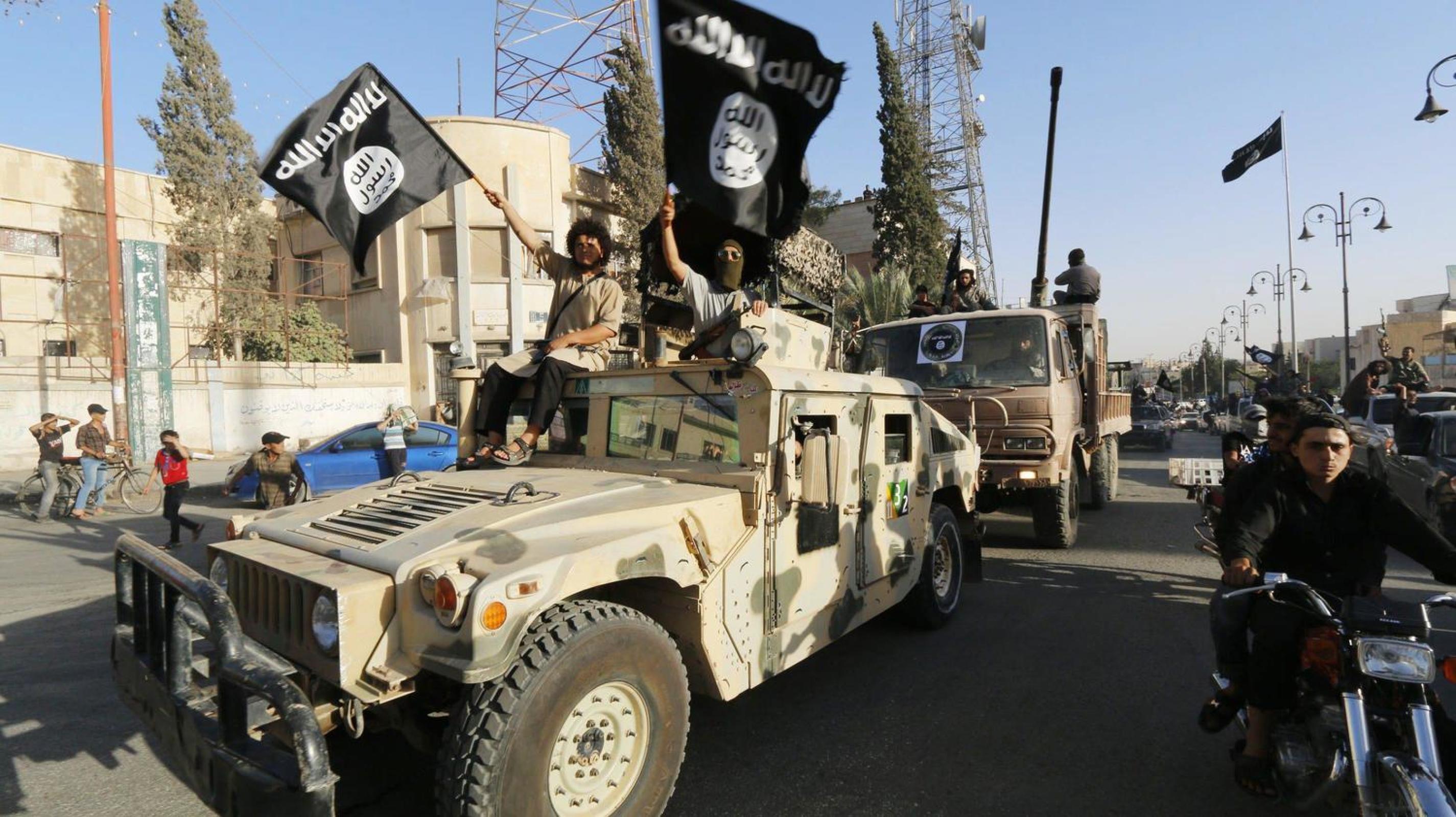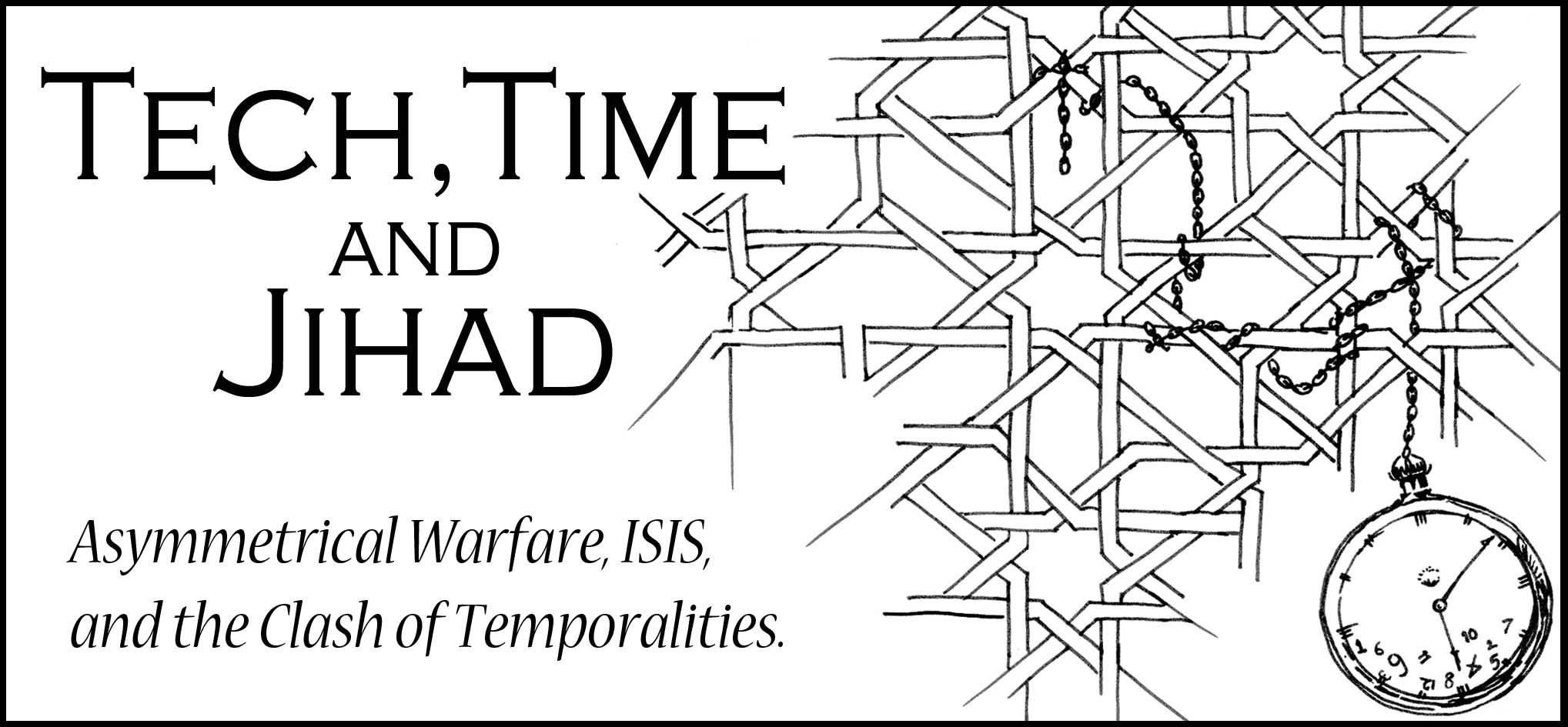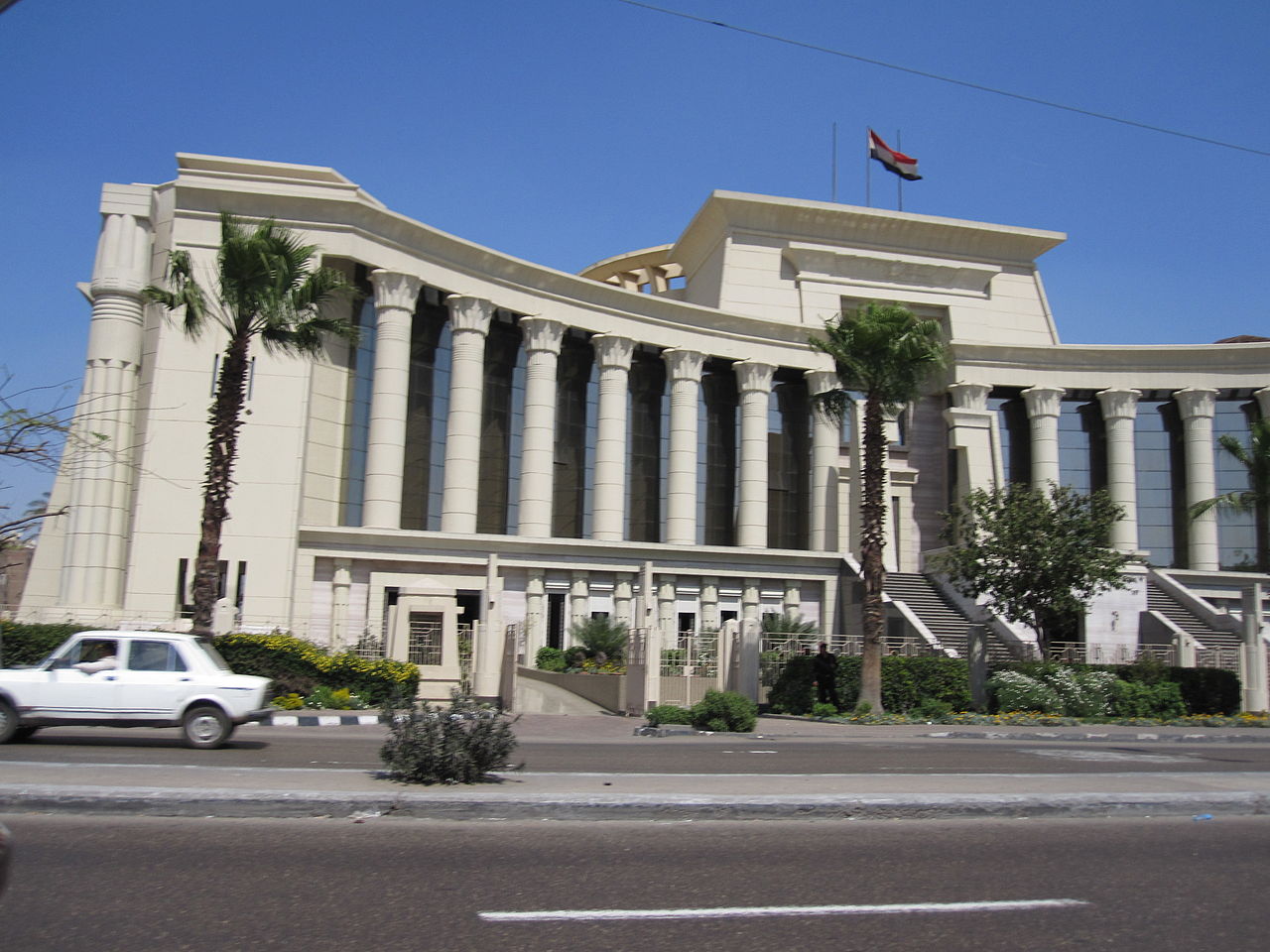Issue 23, winter/spring 2017 https://doi.org/10.70090/GAG17PIS د.غانم السعيد محمد غانم- أستاذ ورئيس قسم الأدب والنقد، كلية اللغة العربية، جامعة الأزهر. إن أخطر تهمة يمكن أن يُتهم بها دين أو عقيدة هى الدعوة إلى نشر ثقافة العنف والتطرف والتشدد الذي يؤول في النهاية إلى إرهاب يزهق الأرواح ويدمر الحياة، وأن كثيرًا من أتباع …
اقرا المزيد »Research Articles
التفاعلية والهوية الثقافية لدى الشباب المصري – رؤية تحليلية
Issue 23, winter/spring 2017 https://doi.org/10.70090/DA17NMCI داليا أشرف- باحثة وإعلامية مصرية. المقدمة: يُعدُ الجيل الذي ولد بين عامي (1980-2000م) أول جيل ينشأ في البيئة الرقمية الجديدة، وهو يتمتع بخصائص مختلفة عن أسلافه؛ إذ أحدثت الثورة التكنولوجية الحديثة تغيرا في مصادر المعلومات والمعرفة لدى الشباب في العالم كله، ومن ثم أصبحت محركات البحث …
اقرا المزيد »الإعلام والإرهاب .. على خط المواجهة
قد عرض د.سامي الشريف عميد كلية الإعلام بالجامعة الحديثة للتكنولوجيا والمعلومات دراسة بعنوان "الإعلام والإرهاب..على خط المواجهة"، دارت حول أهمية دور الإعلام بوصفه محددًا مهمًا لتفاقم ظاهرة الإرهاب، وفي الوقت ذاته وسيلة مهمة للقضاء عليها، حيث تناولت العلاقة بين الإرهاب والإعلام التي هي مثار جدل وخلاف، هل هي علاقة دعم أم علاقة مواجهة؟
اقرا المزيد »Obsessing over Jihadi Otherness: Radicalism’s Evolution and the Failure of the Post-Colonial Arab State
The rise of the Islamic State group (which will be referred to as ISIS), from the perspective of those in the Middle East drawn to it, rather than Europe where the French scholar Olivier Roy has proposed the idea of the “Islamization of radicalism,” can be discussed within the framework of a number of deeper phenomena in Arab societies since the mid-twentieth century.
Read More »استخدام داعش للإعلام الاجتماعي
عن استخدام داعش للإعلام الاجتماعي، تناول د.حسن نيازي الصيفي أستاذ العلاقات العامة والإعلان المشارك بجامعة الملك فيصل، المخاطر الرئيسة للإعلام الاجتماعي في عملية نشر وانتشار الإرهاب، فكانت نقطة مرجعية في تعميق الموضوع الرئيس، وفي عملية تصميم التدابير الأكثر قدرة على البقاء ضد الأعمال الإرهابية، وطرح استراتيجية محددة لمكافحة الإرهاب عبر الإعلام الاجتماعي
اقرا المزيد »إدارة الأزمات الإرهابية إعلاميًا: أزمة “شارلي إيبدو” نموذجًا
تقدمت د.ثريا السنوسي أستاذ مساعد ورئيس قسم العلاقات العامة بكلية الإعلام في جامعة الغرير بدبي بدراسة حول إدارة الأزمات الإرهابية إعلاميًا في أزمة "شارلي إيبدو" نموذجًا. أوضحت فيها أنّ وسائل الإعلام قد تتجاوز دورها الرّيادي في معالجة الأزمات بتغطيتها، لتصبح شريكًا في صناعتها والتسويق لها؛ وبالتالي الحياد عن المسؤوليّة الاجتماعيّة التي يجب على الإعلام الاضطلاع بها، والمتمثلة في إنارة الرأي العام لا تضليله، وهو ما يفضي إلى أزمة الإعلام
اقرا المزيد »قراءة في الاستراتيجية الإعلامية والثقافية لتنظيم داعش
قد قدَّم د.شريف درويش اللبان وكيل كلية الإعلام لشئون خدمة المجتمع وتنمية البيئة بجامعة القاهرة "قراءة في الاستراتيجية الإعلامية والثقافية لتنظيم داعش" تناولت آليات تجنيد داعش للشباب والاسترتيجية الإعلامية له، وآليات مواجهة هذه الاستراتيجية الإعلامية التي تختلف تماماً عن الطريقة التقليدية للتنظيمات"الجهادية"، والذي يقوم على أساس التحرك الميداني على الأرض وعلى الشبكة العنكبوتية التي يستخدمها بذكاء، ويستثمر كل ما هو متاح لترويج صورته
اقرا المزيد »تشاركية وسائل الإعلام والمجتمع المدني في مكافحة الإرهاب
تحدثت د.حنان يوسف أستاذ الإعلام بجامعة عين شمس ورئيس المنظمة العربية للحوار في ورقتها عن "تشاركية وسائل الإعلام والمجتمع المدني في مكافحة الإرهاب رؤية إجرائية في ضوء مدخل تقاسم المعرفة"، أبرزت فيها ضرورة الاهتمام بتفعيل دور المجتمع المدني في التعاون مع وسائل الإعلام المختلفة؛ من أجل تبني تيار متكامل على المستوى الحكومي وغير الحكومي علي حد سواء، يعمل بمنهجية تقاسم وتبادل المعرفة والخبرات في مواجهة ظاهرة الإرهاب، والتعامل معها باعتبارها ظاهرة شديدة التعقيد يتطلب مواجهتها التكاملية والتشبيك من قبل كافة قطاعات وقوى المجتمع العربي
اقرا المزيد »Tech, Time, and Jihad
Issue 22, spring 2016 https://doi.org/10.70090/RH16TTAJ On December 28th, 2015, when the Iraqi army felt confident enough of the military situation around Ramadi, the capital of Anbar province, it invited the world’s media to witness the raising of the national flag atop a central administration building. For the Iraqi government, the …
Read More »How Egyptian Laws Contradict the Universal Principles of Freedom of Media & Press
“I should not hesitate a moment to prefer the latter.” This was Thomas Jefferson’s decisive answer when asked to choose between “a government without newspapers or newspapers without a government.” Throughout the past four centuries, the universal avowal of democracy and the rule of law have dramatically evolved. As a …
Read More » Arab Media & Society The Arab Media Hub
Arab Media & Society The Arab Media Hub



